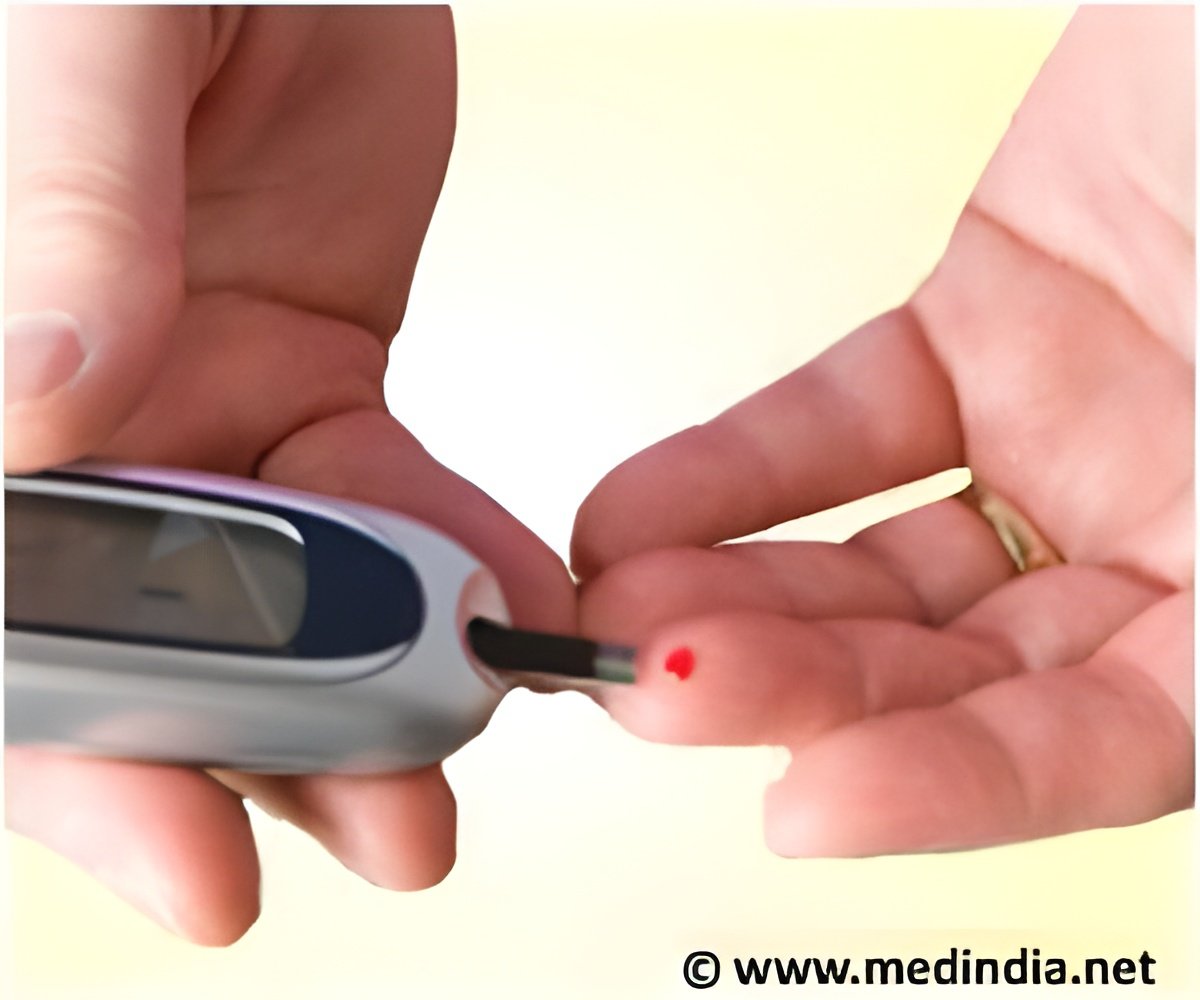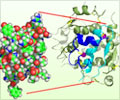Diabetes self-management education and support (DSMES) was found to have a positive effect on hypoglycemia outcomes such as the number of events and reported symptoms.

‘A well-executed and person-centered DSMES program can address the individual’s needs, concerns and preferences as they incorporate and sustain diabetes-related treatment and lifestyle changes into their daily lives.
’





Hypoglycemia, an acute and potentially lethal complication of diabetes, arises when blood glucose levels fall below 70 mg/dL. DSMES normally includes risk mitigation strategies so individuals can identify when their blood glucose might be going too low so that management strategies can be implemented in time to prevent detrimental outcomes. Participants in the studies retained in the systematic review ranged from age 18 to older adults recruited from outpatient and acute care settings. Among the 14 studies retained, 8 identified significant reductions in hypoglycemia risk outcomes. Additional results demonstrated the importance of family involvement for those with type 2 diabetes. Other measured outcomes positively impacted in retained studies included blood glucose levels, knowledge and attitudes, and quality of life.
For a copy of this study or to schedule an interview with the authors, please email Matt Eaton at meaton@aadenet.org.
About AADE
AADE is a multi-disciplinary professional membership organization dedicated to improving diabetes care through innovative education, management and support. With more than 14,000 professional members including nurses, dietitians, pharmacists, exercise specialists, and others, AADE has a vast network of practitioners working with people who have, are affected by or are at risk for diabetes. Learn more at www.diabeteseducator.org, or visit us on Facebook (American Association of Diabetes Educators), Twitter (@AADEdiabetes) and Instagram (@AADEdiabetes).
Advertisement
The Diabetes Educator (TDE) is a peer-reviewed bi-monthly journal from The American Association of Diabetes Educators. The publication services as a reference sources for the science and art of diabetes management, with original articles on diabetes care and education, clinical practice and research.
Advertisement















